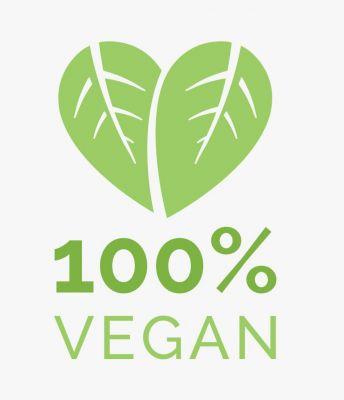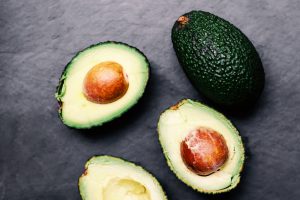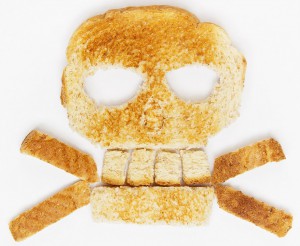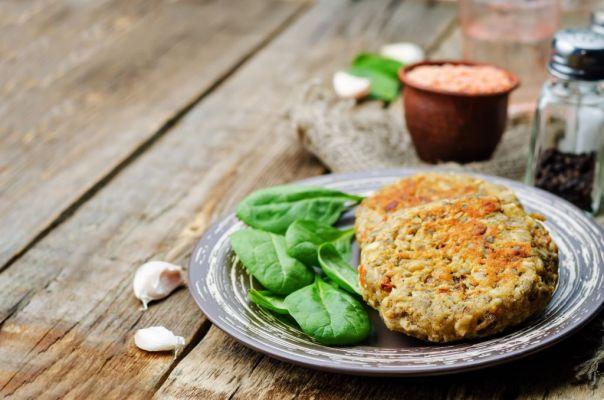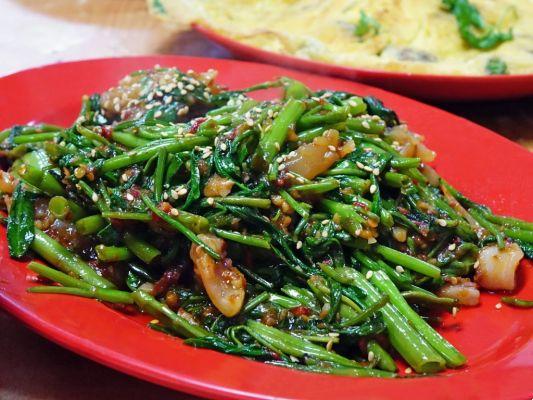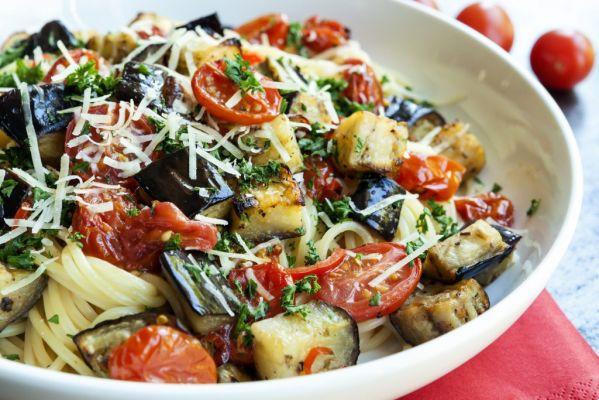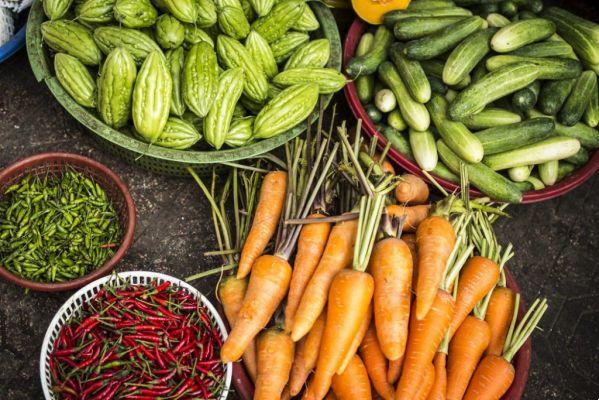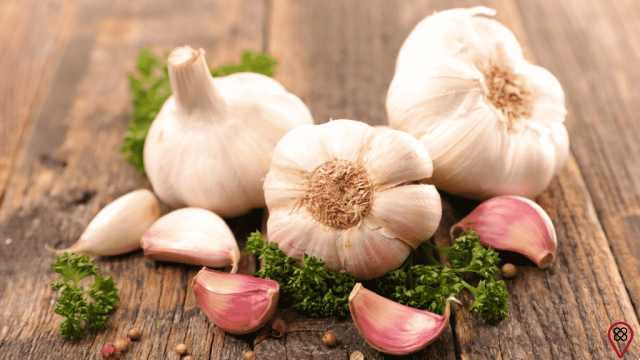Who has never tried to start a diet and gave up 24 hours later, cast the first stone! There are several reasons why we simply kick the bucket, put our foot in the jackfruit and let this change of habit go, but some of them are repeated among those who see a diet fail.
Anyone who thinks that a successful diet is only good for the body is wrong. In this way, the science of happiness, the branch that studies how happiness is produced, states that experiences to which we dedicate ourselves and that produce results that we can measure (losing or gaining weight, for example) generate hormones such as endorphin, serotonin and dopamine, among others. others, which produce happiness.
To help those who have tried so hard to lose weight by changing their eating habits, but have failed, we have prepared this article that addresses the main mistakes and difficulties of people trying to go on a diet. So check it out!
Why is dieting so difficult?
It is possible to talk about the specific difficulties we experience when trying to go on a diet (see the topic “How to get out of situations that sabotage the diet”). However, the truth is that, before that, it is necessary to talk about the difficulty of doing something that the diet is, in essence: a big change of habit.
Dealing with habit changes is quite complicated. What about the diet, then, which includes several changes? With diet, we need to change foods, schedules, exercise routine, intervals between meals, the amount of each dish… In short, there are many changes, and this all translates into difficulty in changing habits.
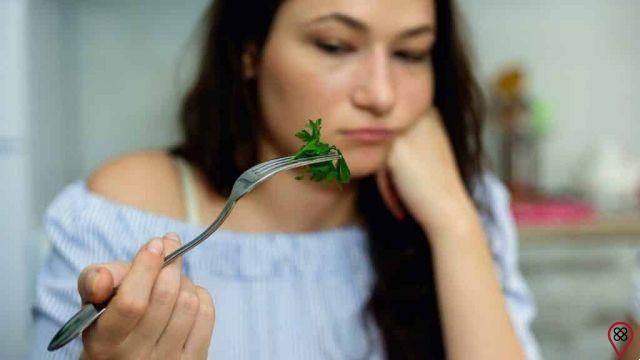
This difficulty is not just emotional. According to Rochele Paz Fonseca, psychologist and specialist in Neuropsychology, our brain has two mechanisms that take us on “autopilot”: implicit memory and executive functions.
When we change something we always do (implicit memory), it takes more effort to do it (executive functions), so the discomfort is twofold. This is where the difficulty of dieting comes from.
However, as everything is a matter of habit, just stick to the diet and, in a few weeks or months, you will be used to it. The first few days will be the hardest, as with any change of habit!
How does the diet process take place?
Having in mind a reason for dieting is something, if not essential, at least very important. Whether it's losing weight, gaining muscle mass, taking care of health or following another change in habit, having this goal is what usually leads us to seek the diet. Plus, it's what will help you stick to the diet when it gets tough...
After that, it is essential to seek medical and nutritional help. Before starting a diet, do routine tests, such as a complete blood count, among others, as sudden changes in food may not be good for the body.
With the exams done, it's time to look for a professional nutritionist, who will prepare your diet and monitor your process. Never start an unattended diet, because this can have disastrous and catastrophic effects on your health.
Here comes the problem: what are the most difficult steps of the diet? The beginning, it is clear! Adapting to new foods, schedules and amounts can be very uncomfortable, but believe me: after the adjustment period, it will be easier. And it will be even more so when the results are more visible, you can trust!
How to adapt to the diet
How to deal with diet is the biggest problem for people who want to start making a change in eating habits. Therefore, it is essential to have patience with your process, but also discipline, to see progress, which will cheer you up a lot.

Some tips are:
1 – Unless it is for medical and urgent reasons, start making progressive adaptations, changing foods here, schedules there and, little by little, implementing a new routine.
2 - Don't forget to eat delicious things! Diet doesn't have to be an ordeal and a pain. If you enjoy eating, you need to keep enjoying it. Mealtime needs to be stimulating, not painful.
3 - Don't go hungry! Changing food amounts and times can be bad. Until your body adapts to the new diet, you may need to make the changes gradually, as described in the first item. So if you feel hungry, eat.
4 - Change your life too! Changing the diet alone is not enough. establish a exercise routine, sleep better, control stress levels… Anyway, several changes need to happen.
5 - Drink a lot of water! Although it doesn't kill 100% of hunger, water helps to "cheat" the feeling of hunger, so it can be a great ally in your adaptation process!
How to get out of situations that sabotage your diet
Although each case is different, and each diet is a diet, most people who start a diet experience similar problems. We have gathered the most common of them. Check out!
1 – Separate emotions and food
Eating too much when feeling stressed, sad, anxious, depressed, among other sensations (even positive ones) ends up getting in the way of a diet. So find other ways to vent what you're feeling, something that has nothing to do with your food.
2 – Planning is key!
Arriving at lunchtime and remembering that you forgot to defrost it here, to sauté this or prepare that is a doom that can lead to fast food, among other diet disorders. So plan your diet and meals in advance and avoid improvising unless it's really necessary.
3 – Escape the goodies
Don't strictly forbid yourself from eating anything (except for health reasons), but also avoid temptations. If possible, don't keep treats, such as sweets and ultra-processed foods, at home. The less opportunity you have to indulge in these goodies, the safer your diet will be!
4 – Pay attention to speed
In short, it's no use selecting the ideal foods for your diet and then devouring them in five minutes. Eating quickly and not chewing food properly is bad for the body and "messy" the feeling of satiety; so eat slowly, chew slowly and take your time.
5 – Respect your satiety
Finally, if you're feeling full, avoid snacking, repeating, eating dessert, and so on. Learn to respect your feeling of satiety to establish healthier eating habits and more in line with your new routine.
Know some types of diets and their adaptation difficulties
Before proceeding with this topic, remember: do not start a diet without consulting a professional nutritionist! Our food is serious, so changes without follow-up can cause even irreversible problems!
That said, we have prepared a list of different types of diets and a brief comment on why it is difficult to start each one. Check out!
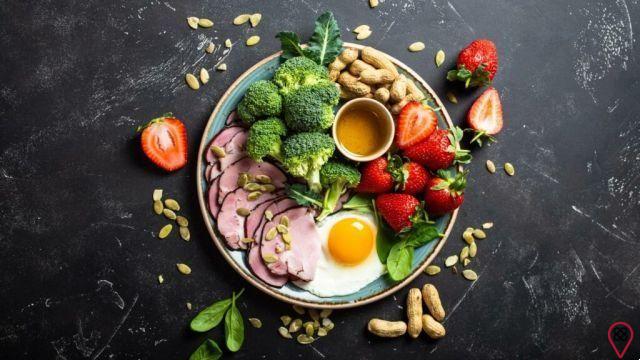
Low Carb Diet
It is a diet in which we decrease the intake of foods rich in carbohydrates, such as pasta and bread, and increase the amount of proteins, such as eggs, red meat and chicken.
The main difficulty, according to experts, is the low consumption of fiber, which can even affect the frequency with which we go to the bathroom.
Egg Diet
The egg diet focuses on adding an egg to every major meal of the day, such as breakfast, lunch, and dinner. However, it is important to note that it should not last longer than 10 days.
The main difficulty is precisely to stop hating the egg, which can get in the way and discouraged in relation to the diet, in the short term, and even make you sick of the food, in the long term.

Detox diet
This diet is based on the consumption of teas, mixtures, vitamins, fruits and vegetables in order to "detoxify" the body.
The main difficulty lies in the fact that people on this diet do not normally consume these foods regularly, so the change can be drastic.
Ketogenic Diet
On this type of diet, a person eliminates almost all carbohydrate-rich foods, such as rice and bread, and adds more foods rich in good fats. It's similar to low carb, but the focus is on good fat, not protein.
The difficulty lies in the fact that most people consume bread for breakfast or afternoon tea, and also rice for lunch and dinner.
Dukan Diet
It is a diet in four phases, each with a specific group of foods that can be ingested at will, according to the person's preference, but foods from one phase with another cannot be mixed.
It is considered a very flexible diet, but most people make their own menu, without consulting a professional nutritionist, so they end up not losing weight precisely because of this flexibility and because it allows them to consume almost everything.
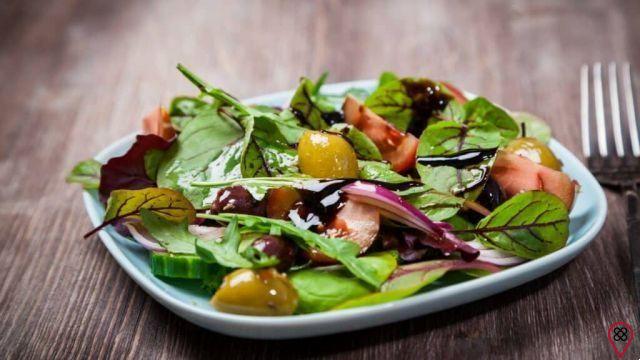
HCG diet
This diet combines low calorie consumption with the application of the HCG hormone orally or intravenously. This hormone, according to some people, reduces hunger and speeds up the fat burning process.
this diet MUST NOT BE DONE. According to professionals interviewed by UOL, this diet has no practical application and is not recommended by professional nutritionists, because it is dangerous to health. Anyway, the biggest difficulty is precisely because you eat very little and very little amount of each food.
Soup Diet
In this seven-day diet, we replace the main meals (lunch and dinner) with a soup, always the same, as long as it has been prepared by a professional nutritionist.
The difficulty comes from people who do not like soup, or who are not in the habit of consuming this food, as the change from solids to soups can be drastic. The positive point is that it only lasts seven days.
USP Diet
Promising weight loss of up to one kilo a day, this diet consists of ingesting very few calories (about a thousand) for 7 or 14 days.
this diet NO EFFECTIVENESS PROOF, and its name has nothing to do with any serious study carried out by the University of São Paulo. Anyway, the biggest difficulty lies in the low calorie intake.
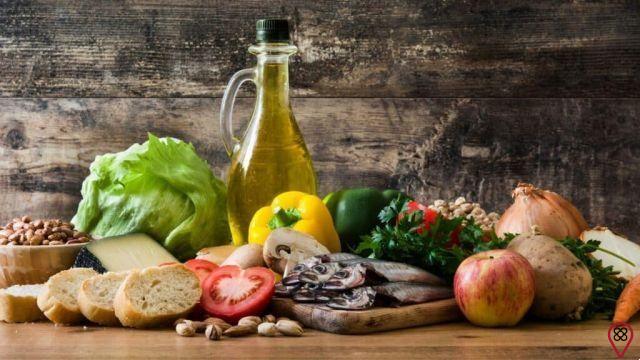
Mediterranean Diet
Considered one of the most balanced, the Mediterranean diet consists of a higher intake of fruits, vegetables, fish, olive oil, wine and dairy products, as is the diet of Spain, France and Italy (countries bordering the Mediterranean Sea).
It is probably the one with the lowest degree of adaptation difficulty. Perhaps the difficulty is that of any diet: stop consuming certain foods and start consuming foods of another type.
1.200 Calorie Diet
It is a diet that, as the name implies, only allows the intake of 1.200 calories per day, divided into six meals, spread over the period of that day.
Among the main difficulties is the low calorie intake, which can be a drastic and unhealthy change for most people.
Liquid Diet
In the liquid diet, we replace all solid foods with liquids: juices, vitamins, soups, among other liquids and broths, at every meal.
This diet has SERIOUS HEALTH RISKS, because it is not balanced. Our body needs solid foods and the benefits they bring. Anyway, the biggest difficulty is adapting to the complete absence of solid foods.
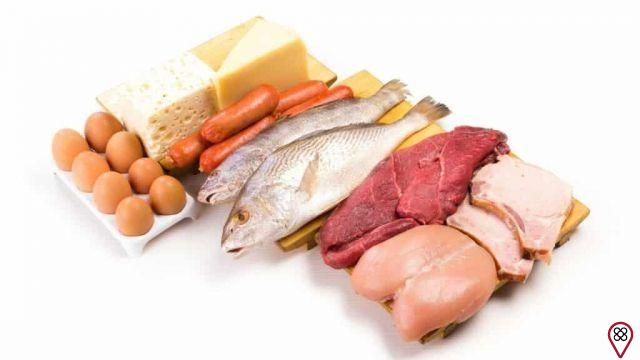
Protein Diet
Preference for those who want to gain muscle tone, this diet (also called hyperproteic) consists of increasing the intake of foods rich in protein, such as eggs, milk and meats.
The difficulty lies in overcoming the barrier of satiety. As the foods with the most protein are those that increase the feeling of satiety, increasing their consumption can cause the famous “fullness” feeling.
Intermittent diet
Also known as intermittent fasting, it is a diet that proposes not eating solid foods for 16 to 36 hours in a row, prioritizing only liquids.
This is a dangerous diet, because not eating solid foods can cause weakness, indisposition, among other problems, in addition, of course, to the feeling of being permanently hungry.
Japanese Diet
It is a diet that consists of eating small portions of food, as well as a few meals a day, in addition to low consumption of sugar, milk and dairy products and processed and fatty foods.
This diet comes with a big change in the amount of food and meals throughout the day, so a lot of people can "starve" if they try to go on this diet.

Points Diet
This diet is like a game: each food “costs” an amount of points, based on its calories, and we have a maximum amount of points to “spend”, so we can make our menu, as long as we don't exceed the points.
If conceived with the help of a professional nutritionist, the difficulties fall, because they come precisely from the level of self-management necessary for us to know how to balance the spending of points and not spend too much at the beginning of the day, missing at the end of it.
Anyway, starting a diet is always a change of habit, which, like any of them, brings difficulties and requires patience in relation to the adaptation process.
You may also like
- Find out which diet is best for your blood type
- Learn all about the Mediterranean diet
- Read this article before starting a vegetarian diet
Regarding diets specifically, don't forget to consult a professional nutritionist and don't do anything on your own!



